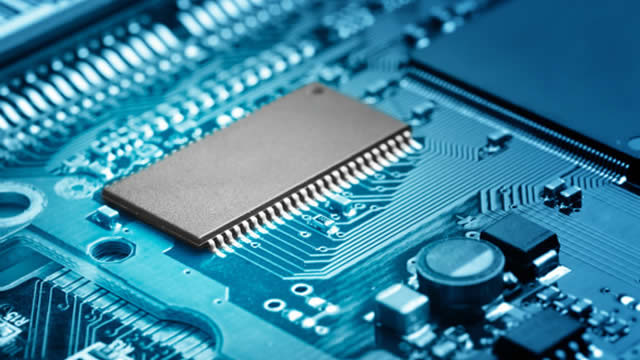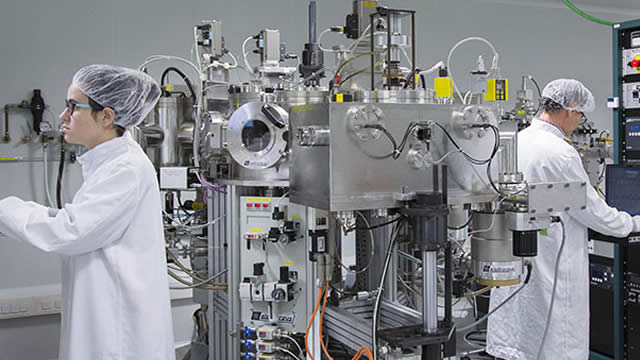AMBA Stock Recent News
AMBA LATEST HEADLINES
With attention focused on mega caps and AI, it's easy to overlook riskier trades like small and mid-cap technologies. However, bullish activity in the charts of Amprius Technologies NYSE: AMPX, Joby Aviation NYSE: JOBY, and Ambarella NASDAQ: AMBA highlights the potential they offer.
When considering a stock as a potential investment target, it's typically important to develop a sense of the company's operational strengths and weaknesses, the fundamental aspects of its business that set it apart from competitors. Of course, Wall Street analysts also make these types of assessments for many publicly traded companies, and their evaluations are often classified with a Buy, Hold, or Sell rating.
Ambarella, Inc. (NASDAQ:AMBA ) Q4 2025 Earnings Conference Call February 26, 2025 4:30 PM ET Company Participants Louis Gerhardy - VP of Corporate Development Fermi Wang - CEO John Young - CFO Conference Call Participants Quinn Bolton - Needham & Company Joe Moore - Morgan Stanley Aren Nakpil - Susquehanna Ross Seymore - Deutsche Bank Tore Svanberg - Stifel Kevin Cassidy - Rosenblatt Securities Suji Desilva - ROTH Capita Gus Richard - Northland Capital Markets Operator Good day and thank you for standing by. Welcome to Ambarella's Q4 and Fiscal Year 2025 Earnings Conference Call.
Shares of SoundHound AI have dropped more than 52% in 2025 as of this writing. That isn't surprising, considering the stock was trading at an extremely rich valuation at the start of the year, following a big surge in 2024.
Chip designer Ambarella has held talks with bankers and is considering a sale, according to a Bloomberg report. Sources told the news outlet that the company could draw interest from semiconductor firms looking to beef up their automotive business.
Artificial intelligence (AI) is disrupting many industries thanks to the efficiency gains that the technology can bring, such as by automating tasks or predicting potential challenges that a business may face. Because of that, spending on AI solutions and infrastructure has been growing at an incredible pace.
The Zacks Style Scores offers investors a way to easily find top-rated stocks based on their investing style. Here's why you should take advantage.
SoundHound AI (SOUN -3.47%) was one of the hottest stocks on the market in 2024, with phenomenal gains of 836% that year. Investors were buying stock in this conversational artificial intelligence (AI) solutions provider hand over fist thanks to its eye-popping growth.
Ambarella's Q1 EPS beats estimates, revenues surge 58% on record Edge AI sales, lifting AMBA shares 1.6% after hours.
Ambarella, Inc. AMBA reported better-than-expected earnings for its first quarter on Thursday.









